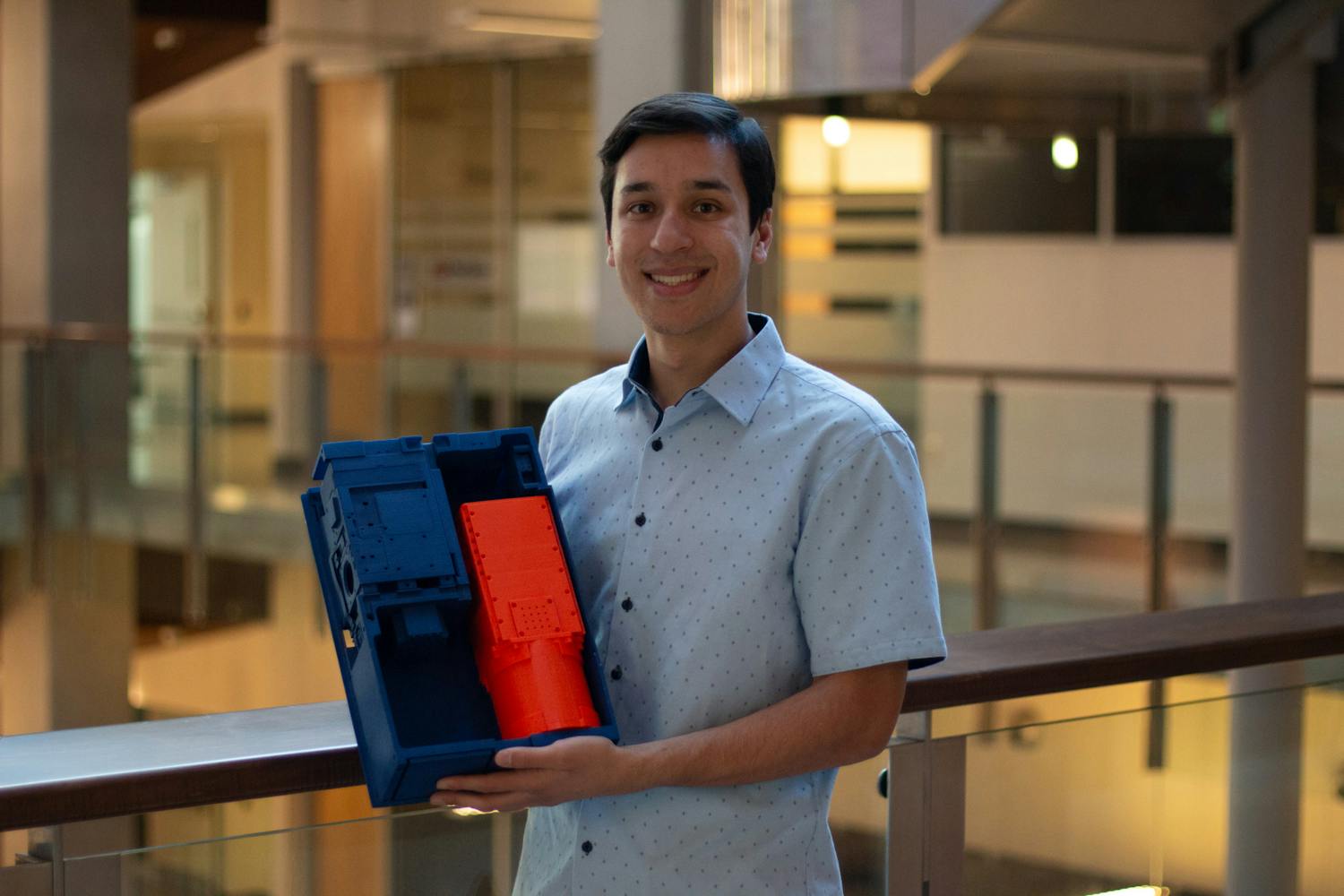With almost 80,000 attending students, ASU is a diverse campus that claims to welcome all types of students regardless of race, religion, sexual orientation or gender presentation. Present on campus are a number of organizations, clubs and coalitions that cater to all types of students.
The LGBTQA Coalition, for instance, is an organization of students and staff who ensure the inclusivity and safety of ASU in regards to its many students who are trans*, bisexual, lesbian, gay or queer.
This group has done a lot in an effort to build a safe environment for students at ASU. Through associated clubs and online pages, the LGTBQA Coalition provides resources for students who may be looking for a safe space to express their individuality or seeking information about health services and the community.
However, despite this organization’s efforts to help ASU move towards inclusivity, there are still limited resources and familiarity for the transgender community at the University. In particular, there is limited information about and access to gender-neutral and private restrooms.
It may be difficult to understand the importance of these restrooms on campus for those who conform to gender norms — that is, someone whose gender identity is consistent with the sex they were assigned at birth.
However, for those individuals who do not have the privileges of cisgender folk, using a public and gender-specific bathroom can be both intimidating and dangerous. In fact, gender non-conforming and transgender people often experience harassment and assault when using public restrooms. Because of the fear of ridicule and assault, some individuals avoid using public restrooms altogether.
Ultimately and very unfortunately, gender-specific restrooms have become an unsafe place on campus. Because of their private nature, it is difficult to ensure both their security and their privacy at the same time.
The same can be said for the people who use public restrooms. If ASU decided to provide some sort of security in restrooms across campus, the privacy of both trans* and cis people would be compromised. Therefore, it is essential that gender-neutral and private bathrooms are accessible in all areas at ASU and to all students at ASU.
One of the resources the LGTBQ Coalition provides is information regarding the gender-neutral and private restrooms on campus. It is likely that this has become an essential guide to those who are aware of it, but ultimately, these resources are not available to those who are familiar with the coalition, to those who do not have constant Internet access or to those uncomfortable with asking for the information from students or campus staff members.
The University claims there are 44 buildings in which gender-neutral bathrooms are present, but many of these are simply family restrooms. While these may be safe and locking restrooms, it is important to distinguish the difference between these and truly gender-neutral restrooms, because the latter increase visibility and inclusivity for the transgender community on campus.
The Tempe campus has 14 truly gender-neutral restrooms, but there is no signage pointing to these restrooms. There are no maps or directions regarding these restrooms available in ASU's centers for health or student services and the responsibility of informing students about them has largely been left up to one campus organization.
Perhaps more gender-neutral bathrooms need to be installed at ASU, but for now, considering the financial burden of plumbing and remodeling, it would be enough for the University at large to publicize the locations and benefits of these bathrooms so that those who do not feel safe using gendered spaces can have access to a basic human need on campus.
Reach the columnist at kpolickk@asu.edu or follow her on Twitter @kaelynpk
Editor’s note: The opinions presented in this column are the author’s and do not imply any endorsement from The State Press or its editors.
Want to join the conversation? Send an email to opiniondesk.statepress@gmail.com. Keep letters under 300 words and be sure to include your university affiliation. Anonymity will not be granted.
Like The State Press on Facebook and follow @statepress on Twitter.



